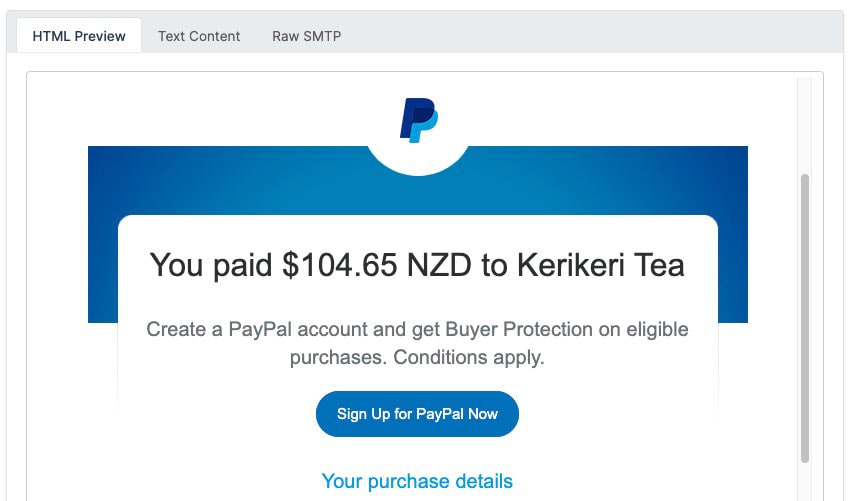Videos
Check out our tutorial video series.
Can emails be sent over blockchain? Well kind of! LedgerMail and other block chain services at the cutting edge of decentralized email.
Blockchain is a time-stamped database of transactions distributed among the members of a network. Entrepreneurs have come up with tens of alternative applications for the technology. The emergence of (DeFi), meanwhile, has seen it used to facilitate peer-to-peer lending. This led to the comparison between email over the blockchain.
Earlier this year, a company launched LedgerMail, billed as "the world's first decentralised email solution". The service promises to liberate users from invasions of privacy and abuses of centralised power. Pingala Software believes it has come up with the latest killer use case.
How blockchain could transform the way we communicate with one another.
There is no central authority managing and controlling your data, and no main point of failure, says founder Malla Kuchiboni. Traditional email transfer protocols, like IMAP and SMTP, are still vulnerable to identity spoofing and phishing attacks. The company has attracted 400,000 users in the first two months, including several enterprise customers. It also encrypts all message content and attachments so that only they can see or read them.
LedgerMail sits atop a little-known blockchain. The company boasts 24,000 emails had been exchanged using LedgerMail in the past 24 hours. This boast drew attention to the first of the significant problems with the system. Like all public blockchain networks, each value exchange or information incurs a transaction fee. This fee incentivises participation in the network, which ensures a high level of security and redundancy.
LedgerMail lets you send messages to anyone with an email account - even if they don't feature on the recipient's approved list of contacts. The single most significant problem with LedgerMail is its closed-loop system, and users can only communicate with accounts belonging to certain people.
LedgerMail is a non-email service, but Pingala has made dispensations to allow users to sign up for LedgerMail using an existing email account. However, a simple sign-up process does not offset the fact that the platform does not allow free and open communication.
You can learn more about blockchain emails by writing to them on their blockchain inbox, where you can ask any question, and the person in charge will be ready to answer you.
Check out our tutorial video series.
Email and SMS guides for automation and testing.
View github project code for multiple languages.
Latest posts from the MailSlurp team.
Test, build, and automate messaging with a free MailSlurp account.
